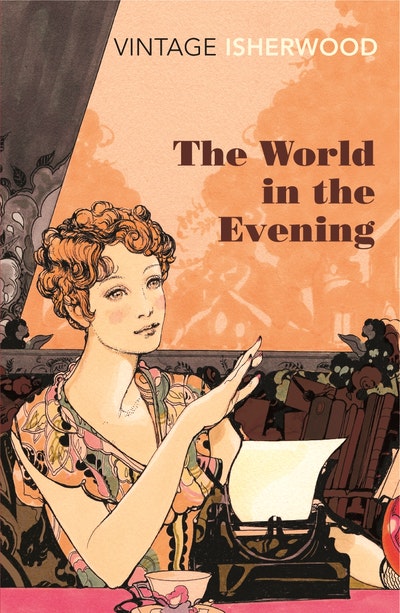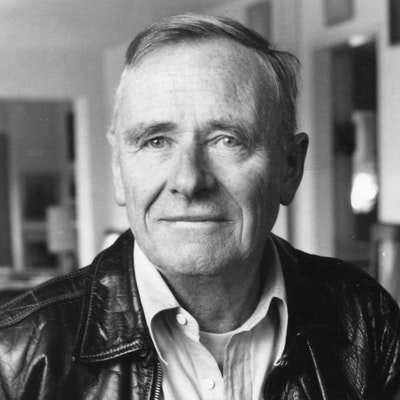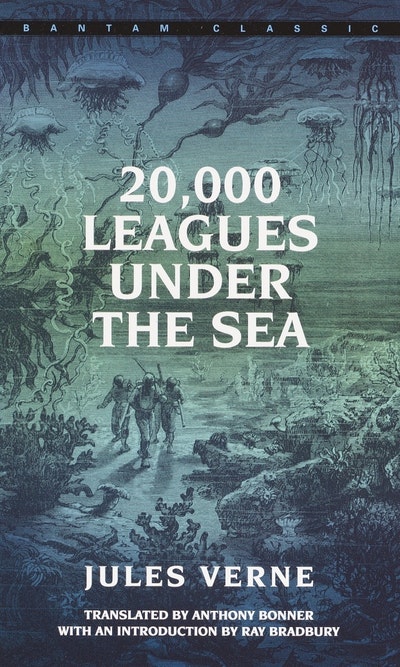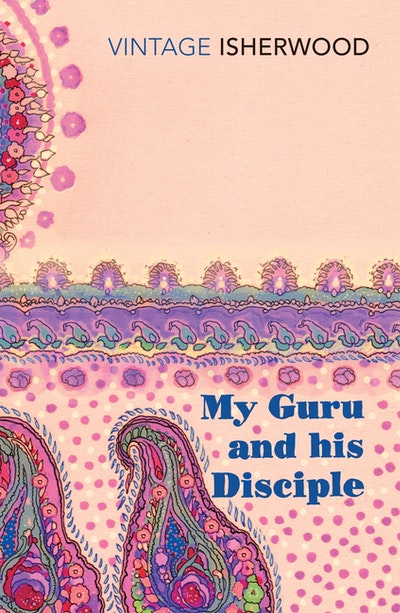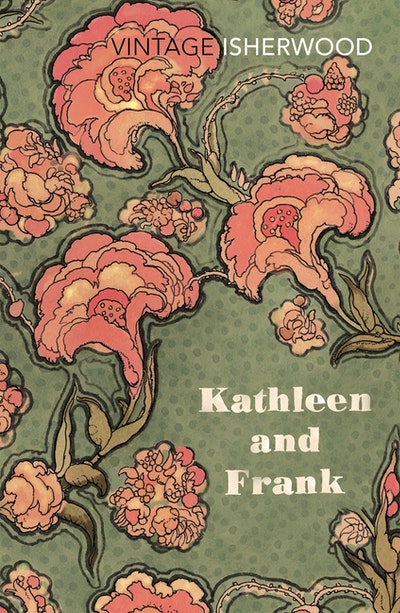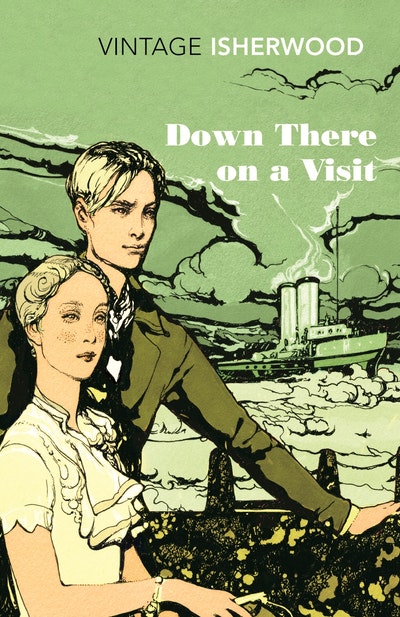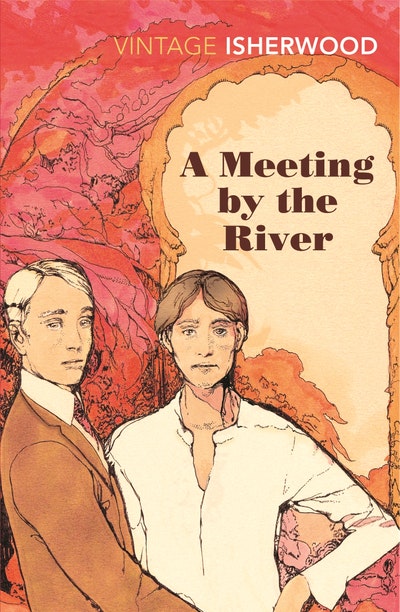[]
The World in the Evening
Formats & editions
Buy from…
- Published: 1 November 2012
- ISBN: 9781446468982
- Imprint: Vintage Digital
- Format: EBook
- Pages: 352
W H AUDEN, Louis MacNeice, Stephen Spender, Christopher Isherwood, C Day Lewis. The brat-pack of their day. They are still considered by many to have been the great writers of the 1930s... Isherwood alone produced his greatest work during the thirties - Mr Norris Changes Trains (1935), Lions and Shadows (1938), Goodbye to Berlin (1939) - and yet more than any of the others he deserves to be regarded as a quintessentially modern writer, a writer with whom we can identify, a writer whose life was his work, and vice-versa.
Guardian
A brilliant enigma.
New York Times
